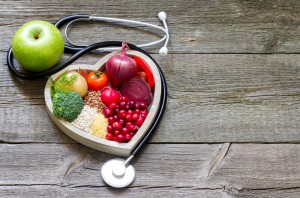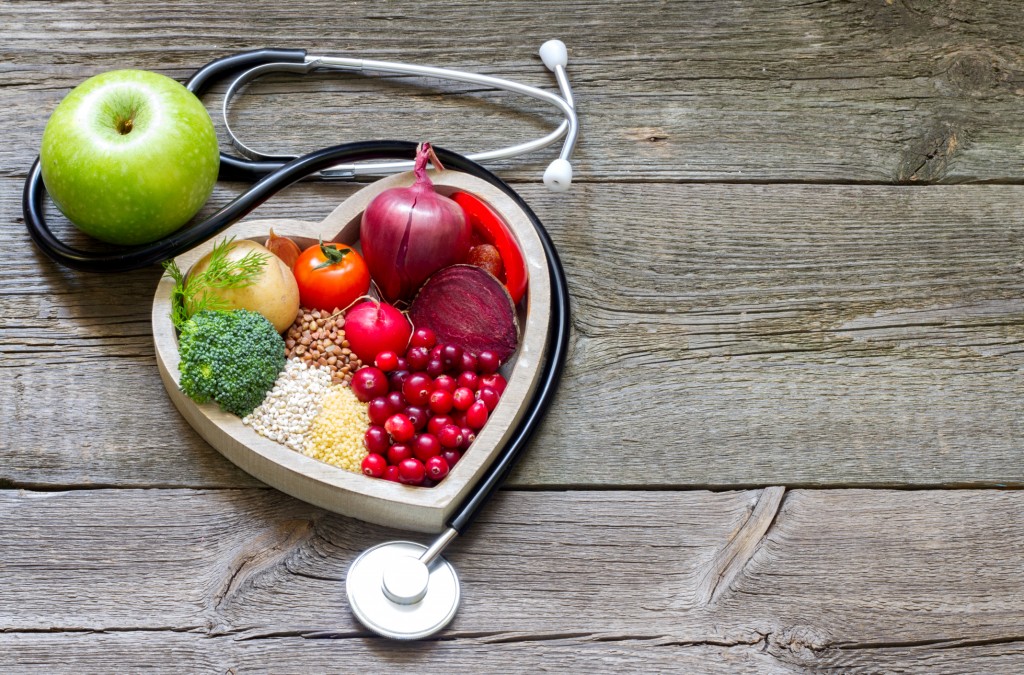
Believe it or not, but heart disease is the #1 killer of American women. And if that wasn’t bad enough, women who have had their ovaries removed are especially at risk. But there are a few changes we can make to our diets that can help prevent heart disease:
Whole grains. A study by the Whole Grains Council proved that replacing refined grains with whole grains can lower the risk of heart disease by up to 28 percent.
Leafy greens. Greens such as kale and spinach are great sources of fiber, antioxidants, and other vitamins and minerals that contribute to heart health.
Extra-virgin olive oil. This healthy fat can make a great heart-healthy substitute for butter.
Raw, unsalted almonds and walnuts. A ¼ cup a day can boost your protein and lower your cholesterol.
Tomatoes. This veggie is high in antioxidants that protect the heart.
Fish. Fish are high in Omega-3s, which are known to benefit the heart. Many doctors recommend adding fish to your diet at least a couple times a week.
Beans and lentils. Versatile and extremely healthy, beans and lentils are a great way to add fiber, protein, and iron to almost any meal.
Grapes. In addition to antioxidants, they also provide phytochemicals that protect the cardiovascular system.
Berries. Filled with fiber and antioxidants, berries make great, heart-healthy desserts any time of the day.
Dark chocolate. Adding just a little bit of dark chocolate to those berries and you’ve got yourself a divine, guilt-free dessert. Studies do show that eating a small amount of dark chocolate a few days out of the week can help lower your blood pressure and improve blood flow.
If you would like more information on menopause-friendly foods, contact Dr. Gordon C. Gunn MD at 714-912-2211 or visit www.gordongunnmd.com to schedule an appointment today.
Dr. Gordon Gunn proudly serves Fullerton and all surrounding areas.

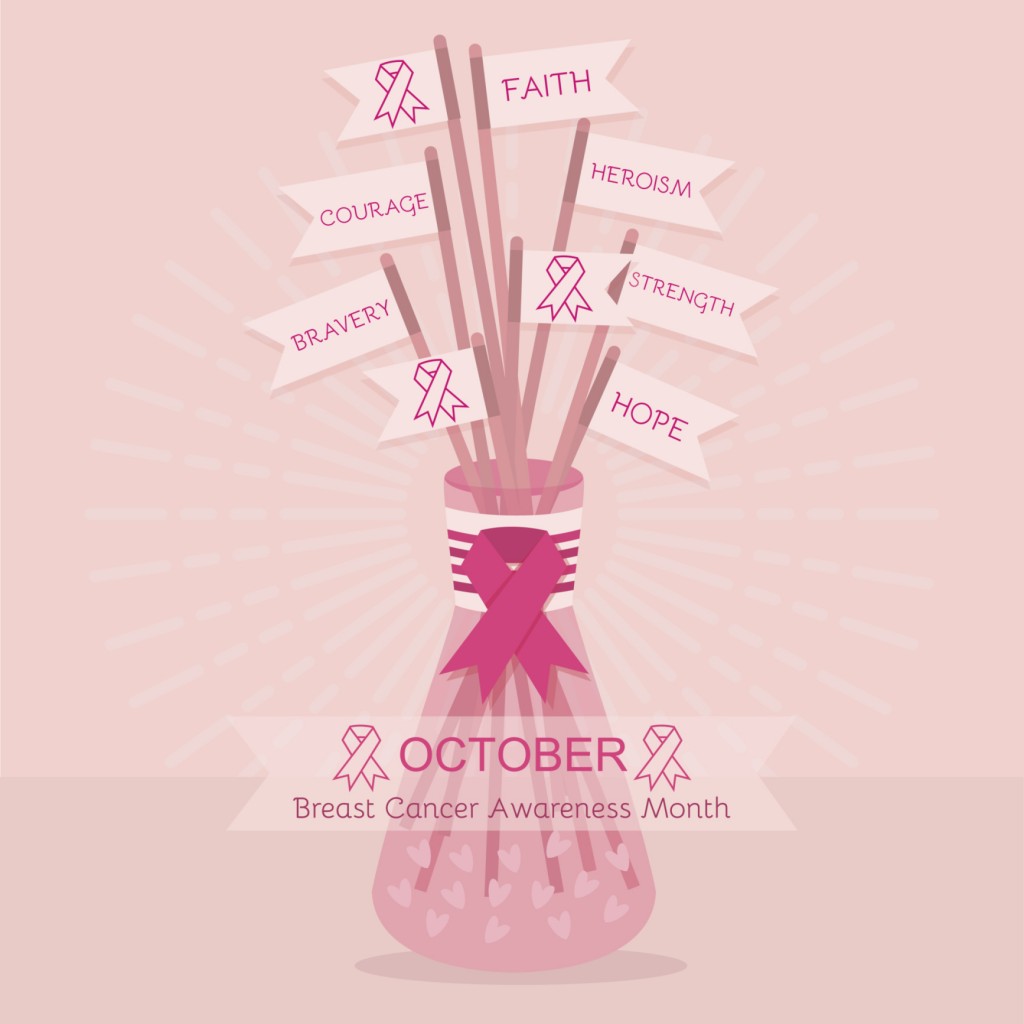

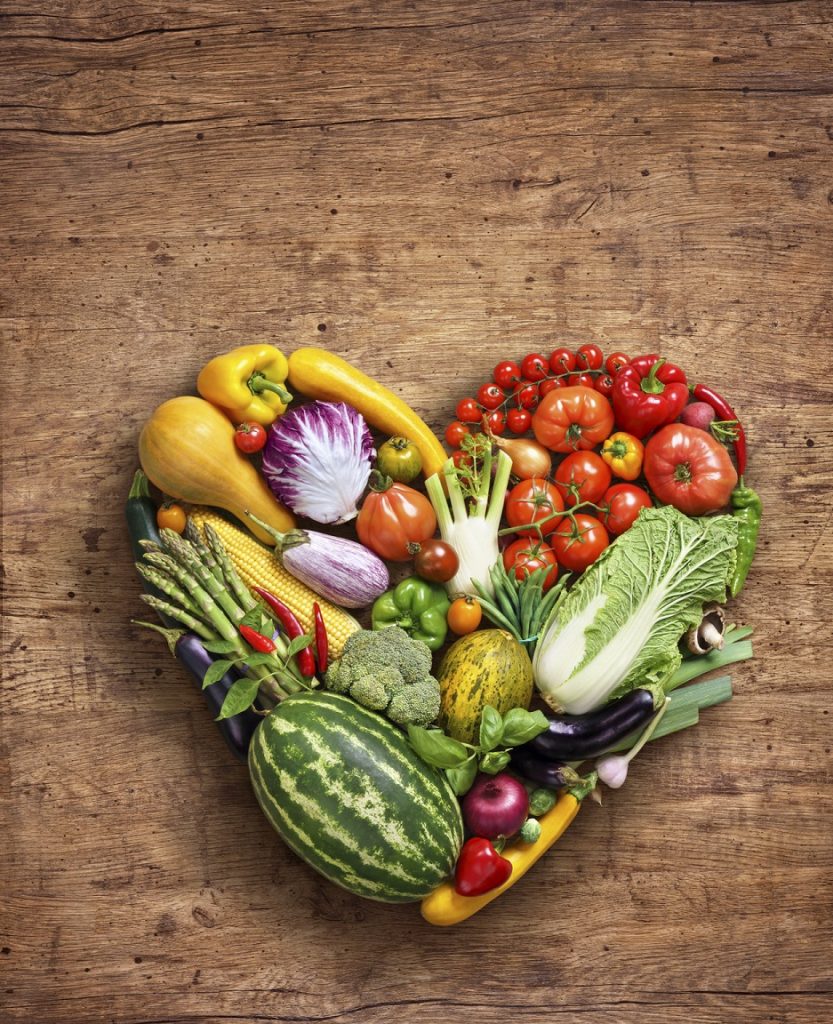
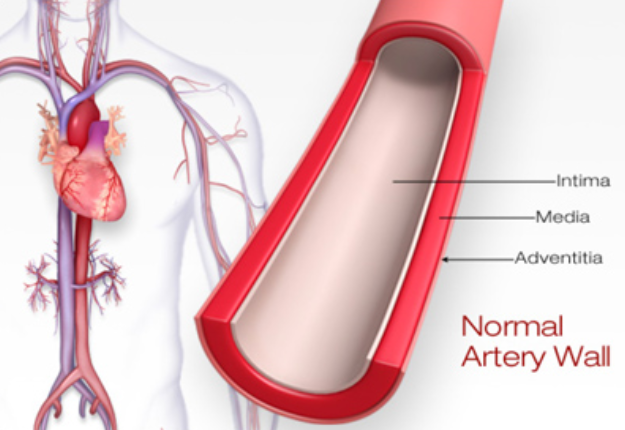

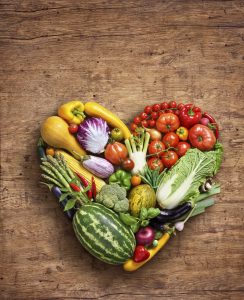 Heart disease is the #1 killer of women in the United States, even more so for women that have had their ovaries removed. That’s a scary statistic. So, what’s a girl to do? Start by replacing the junk food with these
Heart disease is the #1 killer of women in the United States, even more so for women that have had their ovaries removed. That’s a scary statistic. So, what’s a girl to do? Start by replacing the junk food with these 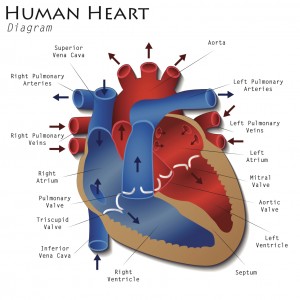 High blood pressure, or hypertension, currently affects 1 out of every 3 American adults. High blood pressure often has no signs or symptoms and is therefore called the “silent killer” as it is one of the most important factors leading to heart attacks, strokes, heart failure, kidney disease and early death. Here are some steps that can help to
High blood pressure, or hypertension, currently affects 1 out of every 3 American adults. High blood pressure often has no signs or symptoms and is therefore called the “silent killer” as it is one of the most important factors leading to heart attacks, strokes, heart failure, kidney disease and early death. Here are some steps that can help to 
